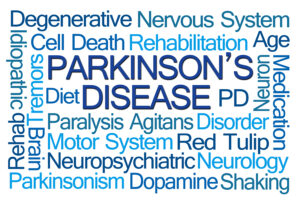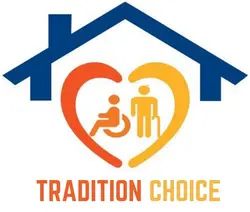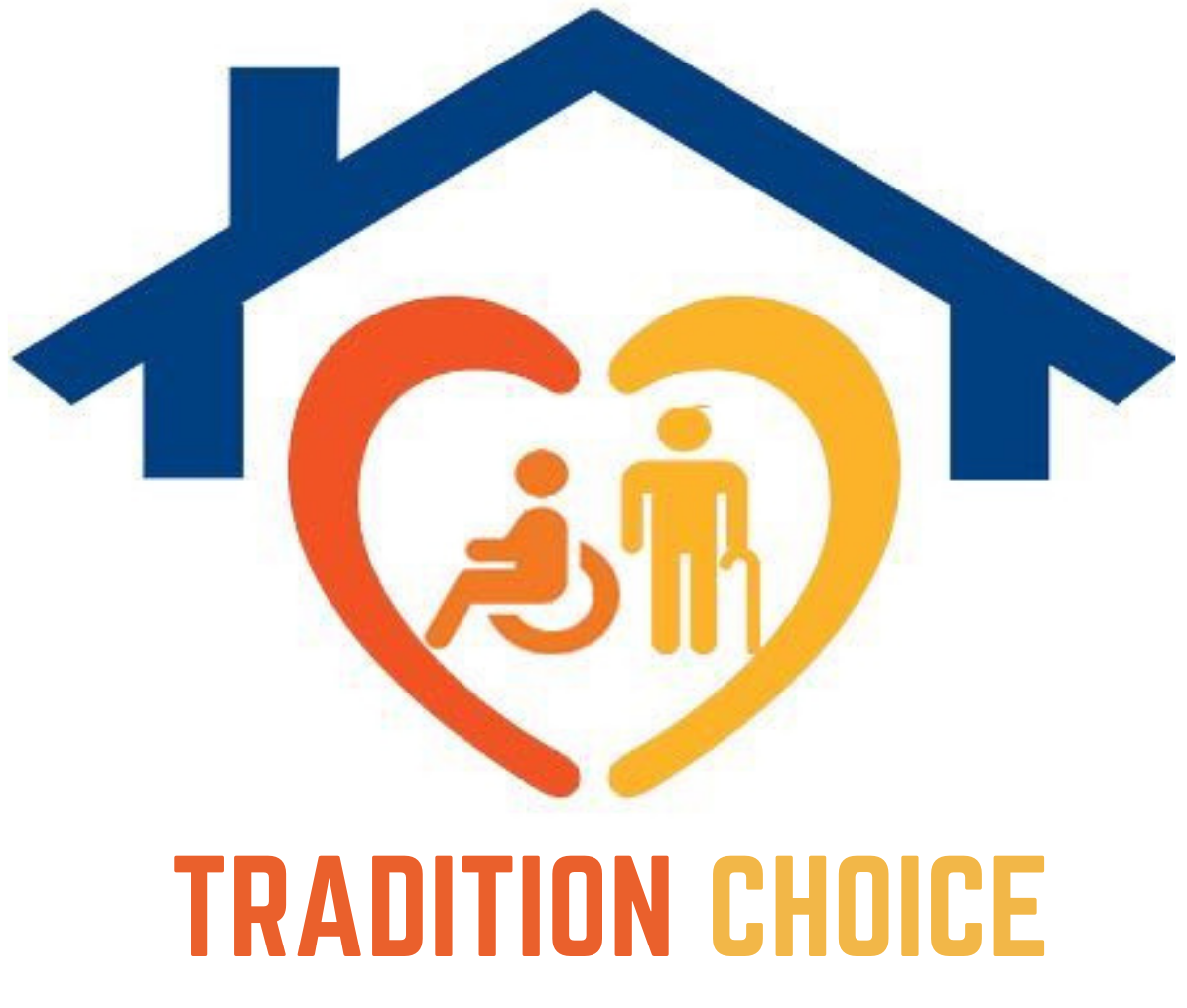Unfortunately, there are many different misconceptions surrounding Parkinson’s disease. This is a very serious disease. It is important the elderly people and their family caregivers understand the truth about this disease. Here today you are going to learn more about the misconceptions and truths, so you can better understand what happens with Parkinson’s disease.
Misconception: Elderly People Only Get This Disease

Elder Care Brooklyn NY – Misconceptions Surrounding Parkinson’s Disease
Were you under the impression that only elderly people get this disease? The truth is that the average age of a diagnosis for this disease is 60. However, there are numerous people who have gotten a Parkinson’s disease diagnosis at the age of 40 or even before. With this being said, it is still important that your elderly loved one gets checked by their doctor if they are experiencing symptoms of this disease. If they are diagnosed with Parkinson’s disease, you can hire elder care providers to provide the care they need.
Misconception: The Only Thing That Happens with This Disease is Tremors
Some people believe that the only thing that happens with Parkinson’s disease is tremors. While tremors are one of the first and most commonly recognized symptoms of this disease, this is not the only thing that happens. People who have Parkinson’s disease also move slower, have rigidity in their body, and have balance issues.
Misconception: Can’t Have Quality of Life After a Parkinson’s Disease Diagnosis
Many people think that once someone gets a Parkinson’s disease diagnosis, that their life is basically over. They believe that someone with this disease can’t have quality of life. This is not true. Yes, this is a progressive and terrible disease. However, with certain lifestyle changes, someone with Parkinson’s disease, can live an active and quality life for a while. If your elderly loved one has this disease, they should exercise, practice balance training, and do things to stimulate their motor coordination. If they need help doing these things, elder care providers can assist them.
There are so many misconceptions surrounding Parkinson’s disease. These are just a few of them. If you aren’t sure what exactly happens with this disease and your elderly loved one was diagnosed with it, don’t be afraid to talk to their doctor about it. You can ask all the questions you want. There are even support groups and forums for those who have this disease and for their family members. In addition, if you hire elder care providers who have been trained or experienced in caring for people who have this disease, you can talk to them about it, as well.
Sources: https://www.hopkinsmedicine.org/health/conditions-and-diseases/parkinsons-disease/myths-and-facts-7-parkinson-disease-misconceptions

